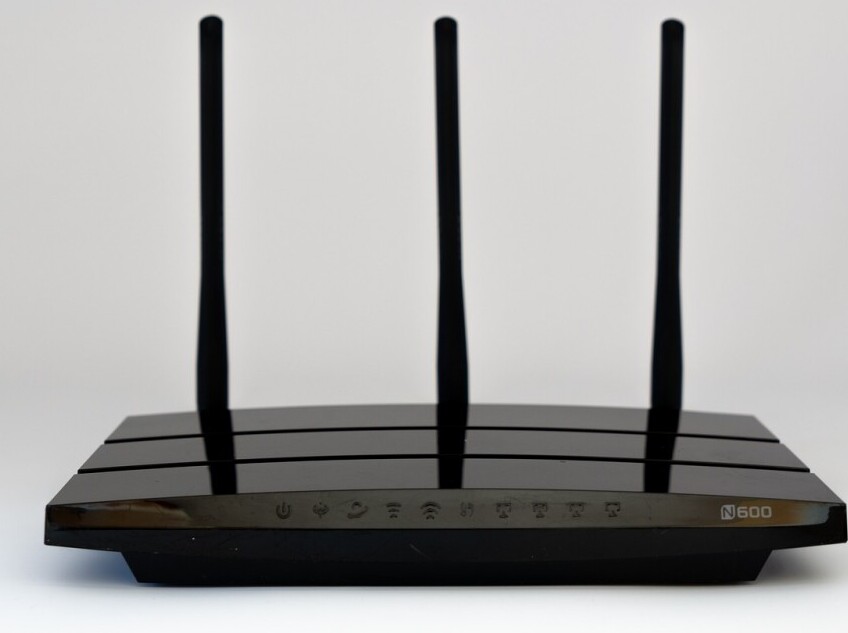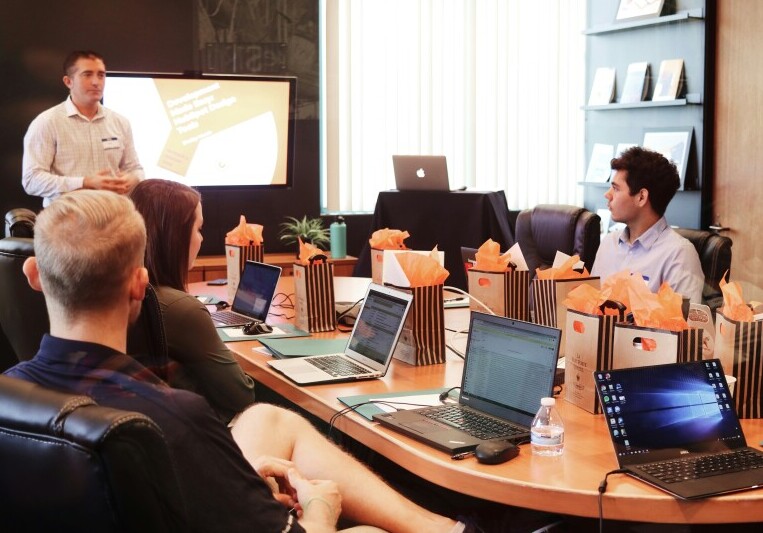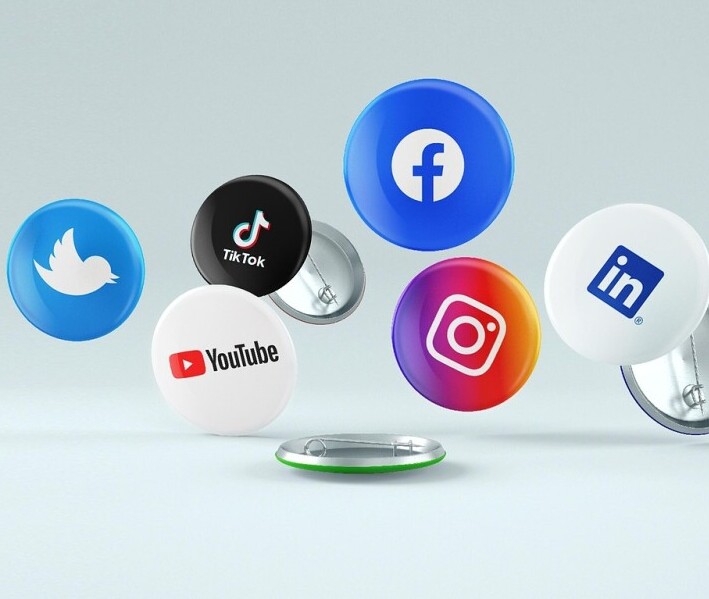Online education is booming, and it’s completely reshaping how we learn—especially when it comes to tackling conflicts. These days, resolving disputes isn’t just for boardrooms or courtrooms. With the Internet at our fingertips, gaining skills in conflict resolution has become more accessible than ever.
There’s a revolution happening with platforms like Coursera, edX, and Udemy offering top-notch courses to teach us the art of keeping the peace. These platforms provide a wide range of programs designed by universities and experts worldwide, opening the doors to knowledge that was once reserved for a select few.
Global access to education is finally becoming a reality, breaking down barriers of geography, time, and cost. With just a Wi-Fi connection, you can dive into lessons on negotiation, communication, and empathy from anywhere on the globe. Online programs are truly bridging the gap, making it possible for anyone to develop critical conflict resolution skills without the hassle.

The Psychological Dynamics of Conflict and the Role of Online Education
Conflict often has deep roots, whether it’s a clash at work or a disagreement at home. It’s crucial to understand what’s behind these conflicts, and online education is stepping in to shine a light on the psychological side of things.
Courses focusing on conflict resolution often start with self-awareness—a key ingredient to any meaningful resolution. By diving into emotional intelligence, these programs help learners recognize their own triggers and hot buttons. This kind of insight can make all the difference when finding peace where you once found tension.

A few standout stories have shown us just how powerful these online courses can be. Imagine a company where disputes between teammates were at an all-time high, but through virtual lessons, they tapped into new communication and empathy skills. The change? Remarkable—teams working together more seamlessly than ever before.
Remote learning platforms also encourage reflecting on past conflicts, digesting what worked, what didn’t, and why. This understanding provides learners with the tools to better handle future issues, fostering a proactive rather than reactive approach to disagreements.
Essential Skills Acquired Through Online Conflict Resolution Programs
In the world of conflict resolution, communication is king. Online courses equip you with techniques that break down barriers and establish lines of dialogue that might have seemed impossible before. Knowing how to effectively exchange ideas and express concerns can be the difference between endless disputes and peaceful agreements.
Negotiation isn’t just for business deals; it’s a life skill, and online programs focus heavily on this. Understanding the nuances of give-and-take helps turn confrontations into opportunities for mutual gain. It’s about striking that perfect balance where everyone’s voice gets heard and respected.

Empathetic listening might sound simple, but it’s a game-changer. When you genuinely understand another person’s perspective, it defuses tension and opens doors to solutions you never thought of. Courses often dive deep into this skill, turning theory into practical, real-world application.
Problem-solving and critical thinking are your conflict resolution toolkit. Online programs don’t just teach you to tackle the problems you see—they show you how to spot the ones you don’t. This foresight helps in anticipating issues before they become full-blown conflicts, paving the way for smoother interactions overall.
Measuring the Impact and Effectiveness of Digital Platforms in Conflict Resolution
Online learning platforms are making a real difference in how conflicts get resolved. Feedback from participants says it all—those who take these courses often come out with fresh perspectives and enhanced skills, ready to tackle disputes in both personal and professional lives.
Success stories are pouring in. Take Alex, a team leader who struggled with mediating workplace conflicts, but after completing an online program, managed to cut tensions and boost productivity among his staff. It’s real-world evidence of how digital learning can change outcomes.

Comparisons between traditional classroom learning and online programs show interesting results. While face-to-face interactions offer depth, online courses bring flexibility and a wealth of resources that can be revisited anytime.
As digital platforms evolve, they keep getting better at offering interactive features like real-time feedback and community forums, making learning even more engaging. Expect to see more innovations—like virtual reality simulations—that could teach conflict resolution in ways we haven’t yet imagined.
Online platforms are constantly refining how we approach conflict resolution. As tech advances, these courses become more dynamic, helping learners not just keep up, but stay ahead. The digital landscape for conflict resolution is a space to watch, bring along tons of exciting possibilities.